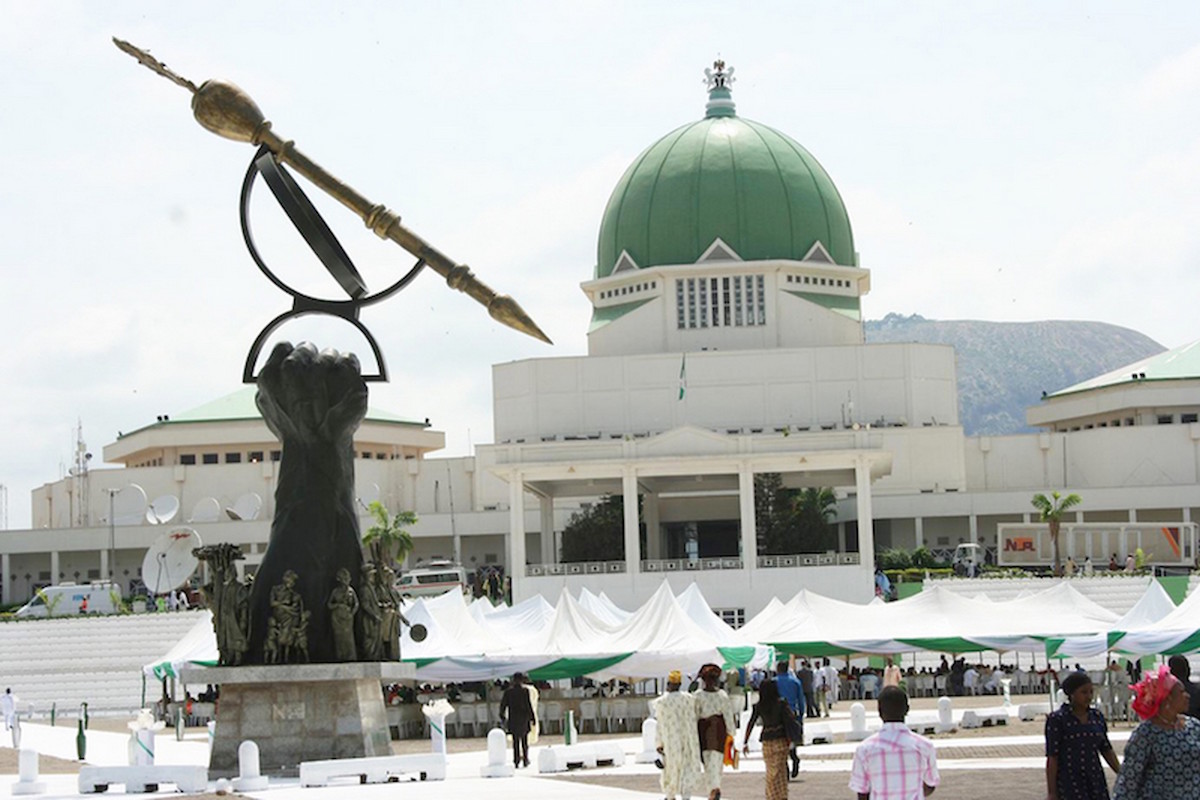Although democracy is a transaction wherever it’s practised, the choices of currency always determine the quality of governance to expect. The trending national circus by our major political parties in their cringeworthy attempts to select political candidates from the aspirants who bought their overpriced nomination forms has been a contest to outspend one another. But it’s hypocritical to paint this manifest tragedy as unprecedented. This has always been the case. This was the case in 2019, and the elections before those. It’s also the case in 1979, when Nigeria embarked on this dangerous capital-intensive experiment with the presidential system of government.
Announcing his withdrawal from the PDP presidential primaries in a statement dated May 27, 2022, Malam Mohammed Hayatu-deen, whose sudden visibility in the media shows he’s invested heavily in public relations, attributed his reason to the “obscene monetization” of the contest. It’s devastating to find an aspirant with his suavity and advertised readiness to make a difference leaving the equation. But Hayatu-deen couldn’t have just found out the number of Ghana-Must-Go bags it would take to secure the votes of his party’s delegates to run for the nation’s highest office. It’s either he just needed to save what’s left of his savings and took the easy way out or he saw the future in the faces of reluctant delegates, where he polled zero vote, and chose wisely.
The exchange of money for votes has long been institutionalized in our part of the world, but the shamelessness this year stands out because of massive interest in the political process by the mostly-apolitical youth and digital media. The political aspirants are unafraid of having their trade televised that some even went as far as retrieving their money from political customers who sold out to the highest bidders after promising them votes. One of the most hilarious episodes of this election season is the video of a political aspirant’s campaign Director-General who successfully got his principal’s money back from backstabbing delegates, and you could feel his mixed joy with the rescued envelops arranged in front of him like the spoils of war.
Out of this political culture comes the temptation to mock and remind those who’ve lost out in the primary elections that politics is local, and that the winners are masters of grassroots politics. This logic is the reality, but it’s not familiarization with these voters at the grassroots and mobilizing them to support one’s aspiration that earns one their votes. It’s the capability to offer them more money than one’s opponents do.
But, to be fair in telling our story, we inherited a frighteningly unequal, with the disadvantaged social class subjugated and taken for granted by the political establishment over the past half a century. The members of this class are the countrymen whose only dividends of democracy are these “gifts” and “bribes” they receive from the politicians in exchange for their votes every four years. Every election year. Because they are wired to beg for the democratic dividends, and this comes with a lack of rationality to make a wise choice. And the politicians elected to redeem their welfare have kept them starving and coming to ask for more. They pamper them with gifts acquired with public funds or proceeds of some abandoned or inflated contracts to gain electoral advantage.
So, when Nigerian critics embark on their seasonal emphasis on grassroots politics as the core of politics, what they describe as such is going to one’s constituencies to distribute material gifts and identifying as the people’s ever-dispensing ATM. It’s never about building an ideology-driven movement towards resisting the serial political scams the electorate have endured over the decades. It’s never about presenting your manifesto for creating wealth and jobs.
Grassroots politics in Nigeria is a transaction between poverty and free money. Even an unknown aspirant with a big pocket can procure and build such a political enterprise in a month. We function in the deception that this isn’t the case. When a man comes to a village and builds a school or primary healthcare centre with a large media crew to document his generosity, and then returns to tell them he’s running for a high political office, he’s only there for his return on investment. It’s a business, and the people’s commodified gullibility and compromise are a part of the returns.
Nigerians are stuck in the schizophrenia of rushing to sell their votes and expecting the same politicians to do their bidding after buying their way to power. It’s impractical to expect the aspirants to recoup their finances from their legal and legitimate earnings in office. It’s also understandable that the aspirants prefer to “invest” that much only in major parties’ tickets. It’s their belief that the structures built by the parties would serve as an effective fulcrum of what Hayatudeen refers to as an “obscenely monetized” bid.
No politician, however hugely loved, can thrive without a structurally defined political party. No Nigerian politician, for instance, has ever had President Muhammadu Buhari’s following, but his past serial losses were due to a lack of a political party with a countrywide presence. It’s convenient to cheer the local champions running for national offices on obscure political platforms to believe that their individual popularity is superior to a widespread party structure, but this is merely guiding them towards a guaranteed electoral defeat.
If the scale of these open transactions between political aspirants and party delegates is a pointer to what’s to come, it’s safe to ask Nigerians to prepare for full-blown heists after the swearing-in ceremonies. The pampered delegates, like the voters waiting for their shares during the general elections, never seem to see that what they receive from the politicians isn’t charity, but the loss of their moral courage to hold the representatives to account and, very importantly, a gross betrayal of the non-partisan voters whose interests they are tasked with protecting. Whatever kobo dispensed in exchange for any delegate’s support or vote would be recouped through the public treasury when the aspirants finally get to their political destinations. The voters feel they are clever and outwitting the patronizing politicians, but the joke would be on them when the bill comes. The bill always comes due.

 Join Daily Trust WhatsApp Community For Quick Access To News and Happenings Around You.
Join Daily Trust WhatsApp Community For Quick Access To News and Happenings Around You.


